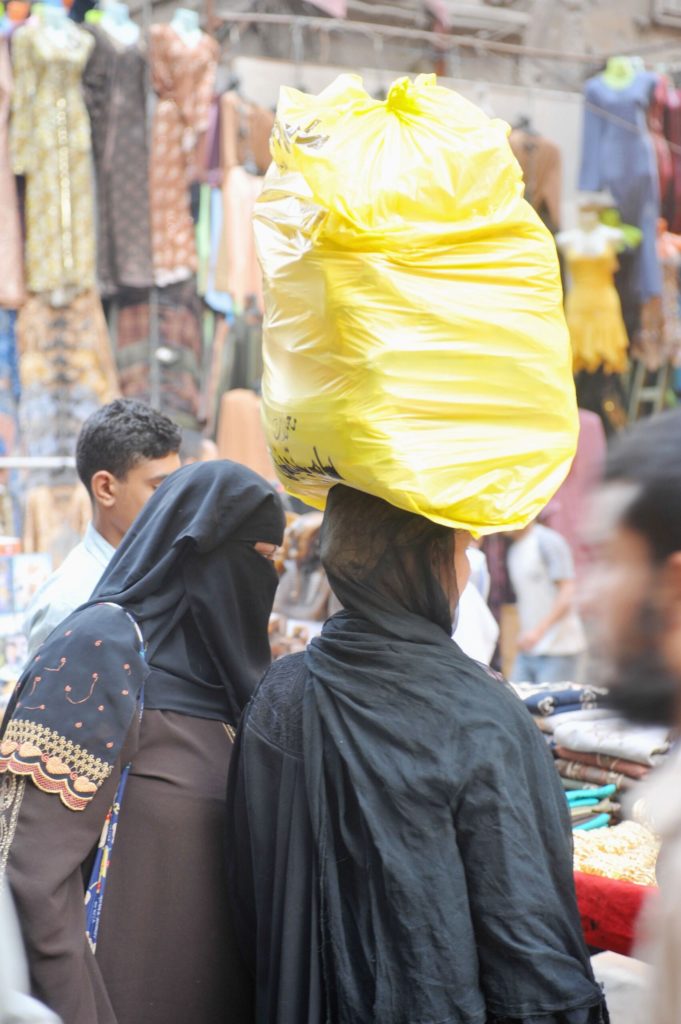
In this paper we report on a living policy lab (LPL) we developed in Cairo (Egypt) to help mitigate this risk. The aim of the LPL was to facilitate dialogue between various stakeholders to support collaboration towards policy-making. First, we present an in-depth review of extant literature, discussing the viability of a ‘living policy lab’ approach to social policy making in MENA countries such as Egypt that are susceptible to conflict. Using Egypt as our focus, we critically outline its evolution of non-targeted to targeted programs and initiatives to alleviate poverty, arguing that they have been reactive and piecemeal rather than thought through
(except for the universal health insurance system). We then examine findings from a project in Egypt involving a series of interrelated living policy labs (2018–2019) on social protection reform that involved a range of social actors. The aim was to explore whether, as a design process, the approach might offer an alternative shared power model that facilitates agreed policy priorities and in so doing mediates peace. In this way, we add to the scholarship on social protection by considering to what extent new approaches to policy making in contexts of conflict can support more sustainable and peace-promoting social protection interventions. We end the paper by providing recommendations in terms of research, policy and practice particularly in relation to future possibilities for consultative design theory.
To read the full article: click here
Disclaimer: Except for articles published on Blog Tadamon and the content of the resource pages, all materials on this website, including their respective photographs, are indexed from their original sources. All rights remain with the respective copyright holders.

Comments are closed, but trackbacks and pingbacks are open.